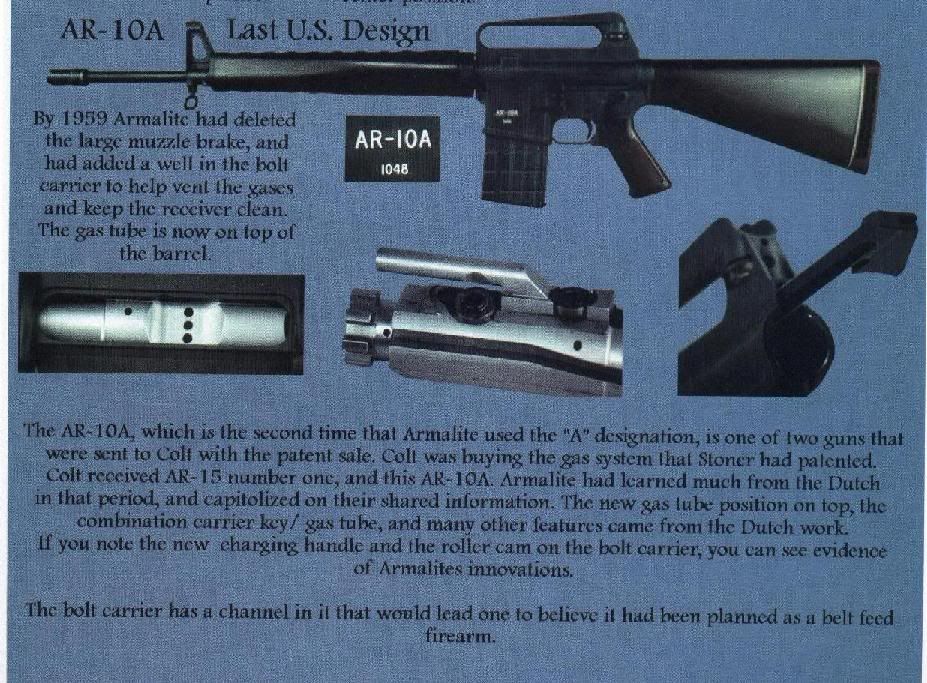No. That’s pretty outdated since LAR Mfg was bought by “Freedom Group” many years ago and shut down. They made 85% of AR-15 receivers at that time, including Bushmaster and DPMS. They were walking distance from one of my homes.
Another problem with trying to make assumptions about quality based on contract runs by various machine shops is that it doesn’t take into consideration the intermediate and final QC processes by the final assemblers whose names are on the lowers.
Example: Machine shop A who takes forgings and does finish-marching on them before sending them to the prime contractor (whose name is on the lower) does their contracted work. Sends the batch by the pallet to brand B.
Brand B throws them straight into the assembly line, with parts sources from multiple other shops, like barrel makers, small parts, furniture, etc. They have very minimal QC, only care about volume with certain allowable CS and returns.
Machine Shop A also finish-machines forgings for Brand C, who has a totally different culture where their TQM department inspects the receivers and rejects ones out of their tolerance agreement with Machine Shop A. Brand C also does this with their barrels, BCGs, magazines, gas blocks, gas tubes, LPKs, etc. and is known among their business partners as borderline A-holes/sticklers, but their customers love them and think of them as a great company who takes care of them.
Name brand companies will go through multiple supplier vendors over the course of their histories, so Brand X might have been using Machine shop A for its first 4 years, then switched to Machine shop B for another 5-7 years, then switched to another or decided to take that process in-house after years of frustration. I have seen that with several companies over the years.
What it really comes down to is a company with a culture of maintaining standards that equate with their business model. High volume/low price point models allow looser tolerances and crap parts to slip through regularly because they have to in order to move product.
Low volume/high price point companies can be split into 2 main categories:
1. Those who spend more budget on marketing and have poor-to-decent QC
2. Those who spend more budget on product with high QC, as well as marketing
The ones who don’t spend on marketing come and go, so it doesn’t matter really if they were garbage or top notch.
You can divide it further from there, but you start to see the business relationships and internal cultures in how they drive the product. Most of these companies aren’t paying their employees much in the firearms industry, so expectations outstrip what can be delivered most of the time.
The idea that because certain parts came from certain machines shops means that they’re all the same and all you’re paying for is a name falls flat on its face once you get inside these companies and see how things actually operate.
This seems a reasonable assessment of the industry.
In your opinion, of the rifle makers and rifle integrators, which fall into category 2?








